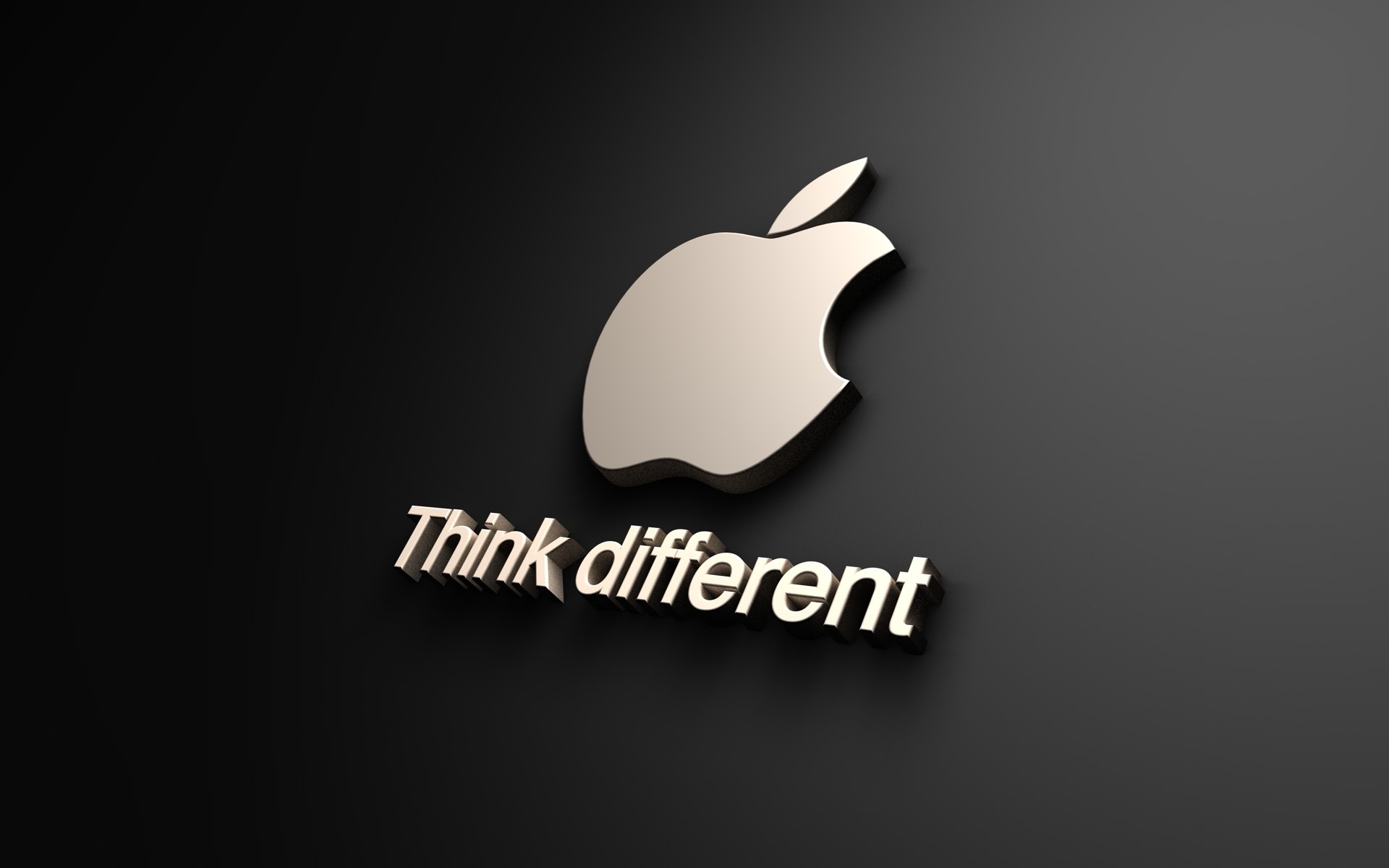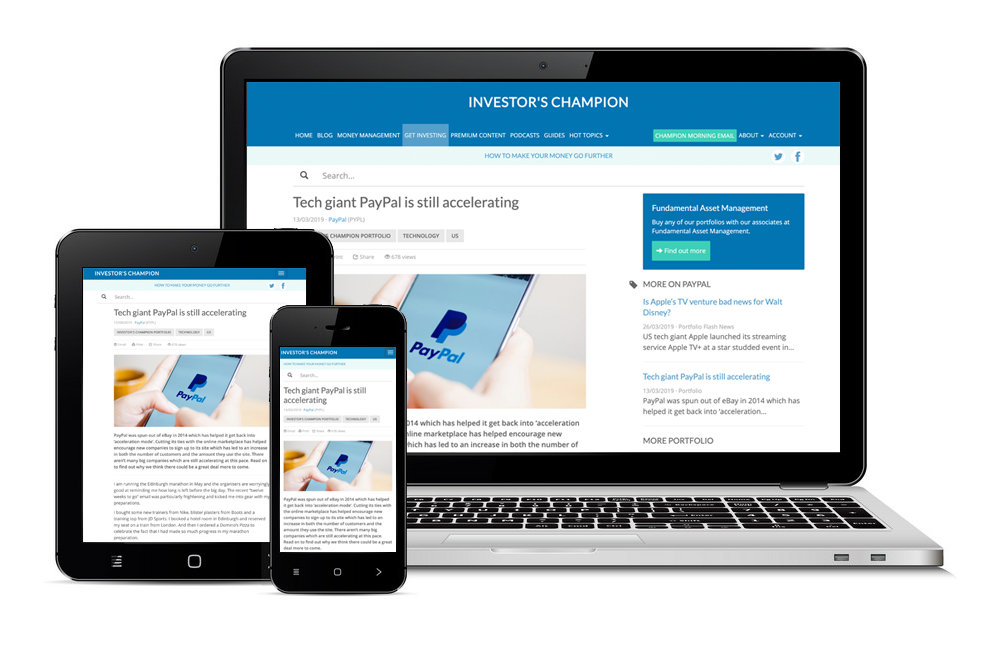Apple, Google, track and trace: regulation is now going to be a big ask

In South Korea, infrastructure is being put in place to create ‘smart cities’. These will continually monitor traffic, track pollution and, eventually, support a network of driverless cars. The same infrastructure can be used to monitor the spread of coronavirus.
In March, CCTV footage, credit card data and location tracking allowed authorities to identify the people infected by ‘patient 31’ – a 61-year-old woman who is widely considered to have accelerated the coronavirus case rate in South Korea after she waited two weeks to get her symptoms tested and, in the meantime, attended two church services and ate at a hotel buffet.
By contacting patient 31’s acquaintances, the South Korean government quickly curbed the spread of…
Previous article Next article

